
History enthusiast | Content Creator | I like Science/Chess/Cricket/Football | Tips are enabled for support
https://t.co/y1OPw47J6K
How to get URL link on X (Twitter) App

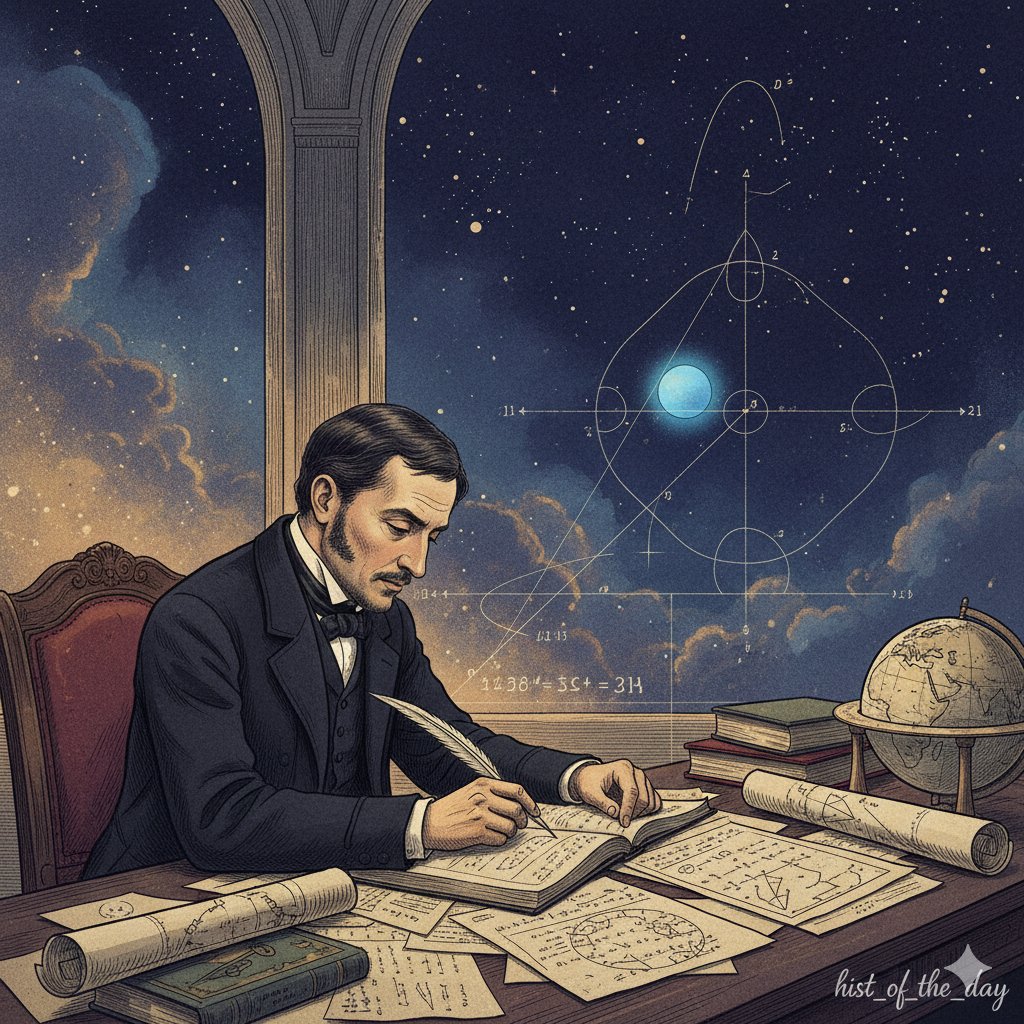
 In the early 1800s, astronomers noticed strange deviations in Uranus’s orbit that Newton’s laws couldn’t explain.
In the early 1800s, astronomers noticed strange deviations in Uranus’s orbit that Newton’s laws couldn’t explain. 
 Hale had volunteered to go behind enemy lines to gather intelligence on British troop movements during the New York campaign. Disguised as a Dutch schoolteacher, he operated on Long Island.
Hale had volunteered to go behind enemy lines to gather intelligence on British troop movements during the New York campaign. Disguised as a Dutch schoolteacher, he operated on Long Island.

 The Big Question (1950s):
The Big Question (1950s):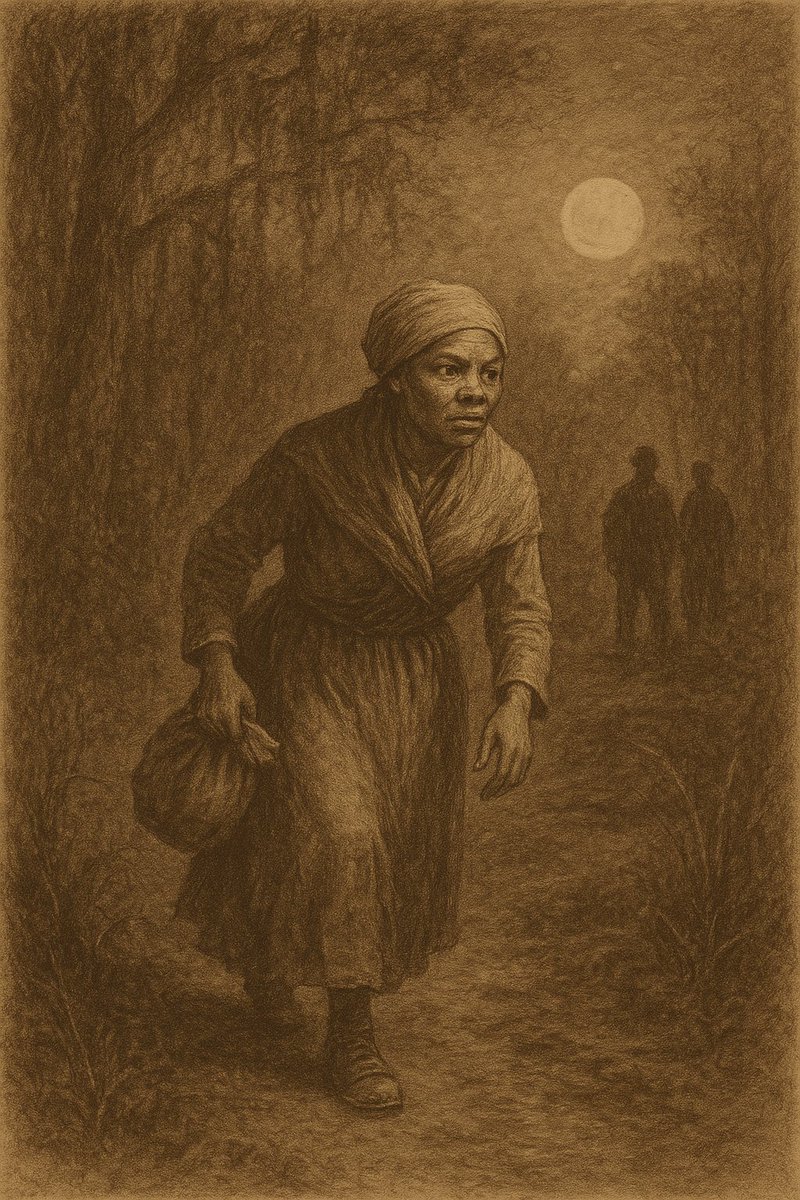
 Tubman was born into slavery as Araminta Ross around 1822. Facing the constant threat of being sold, she decided to take the dangerous journey north toward freedom.
Tubman was born into slavery as Araminta Ross around 1822. Facing the constant threat of being sold, she decided to take the dangerous journey north toward freedom.
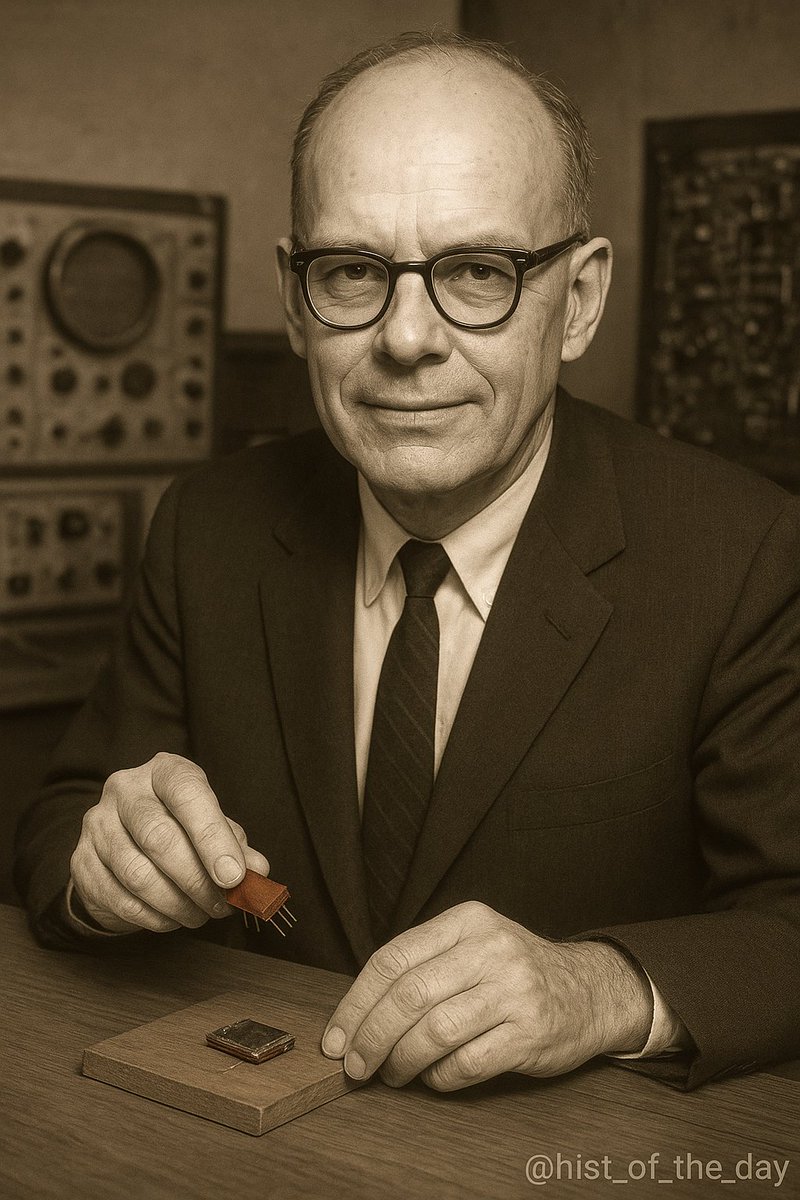
 At the time, electronics faced the “tyranny of numbers.” Circuits required thousands of individual components (resistors, capacitors, transistors) soldered together, making devices bulky, costly, and prone to failure.
At the time, electronics faced the “tyranny of numbers.” Circuits required thousands of individual components (resistors, capacitors, transistors) soldered together, making devices bulky, costly, and prone to failure.
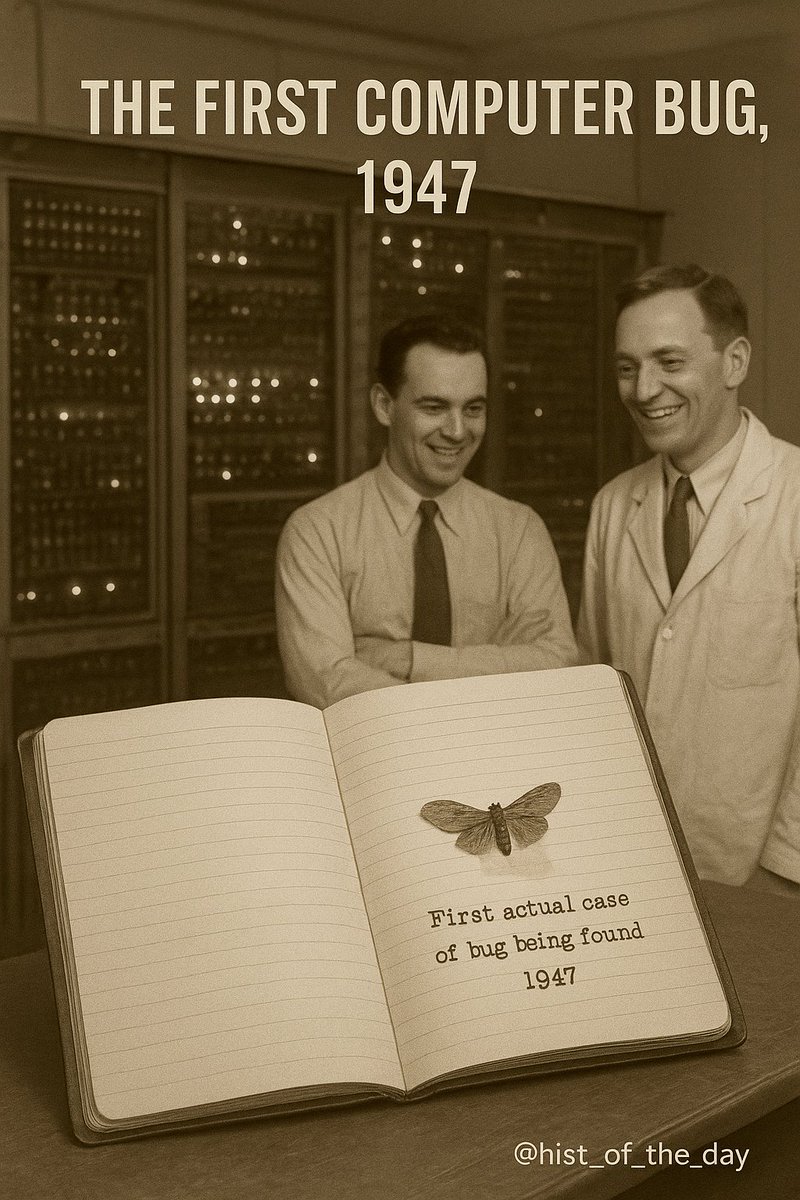
 While running diagnostics, the machine suddenly malfunctioned. Upon inspection, engineers found a moth trapped inside one of the computer’s relays. The insect had literally caused the failure.
While running diagnostics, the machine suddenly malfunctioned. Upon inspection, engineers found a moth trapped inside one of the computer’s relays. The insect had literally caused the failure.

 Larry and Sergey’s mission was simple yet ambitious:
Larry and Sergey’s mission was simple yet ambitious: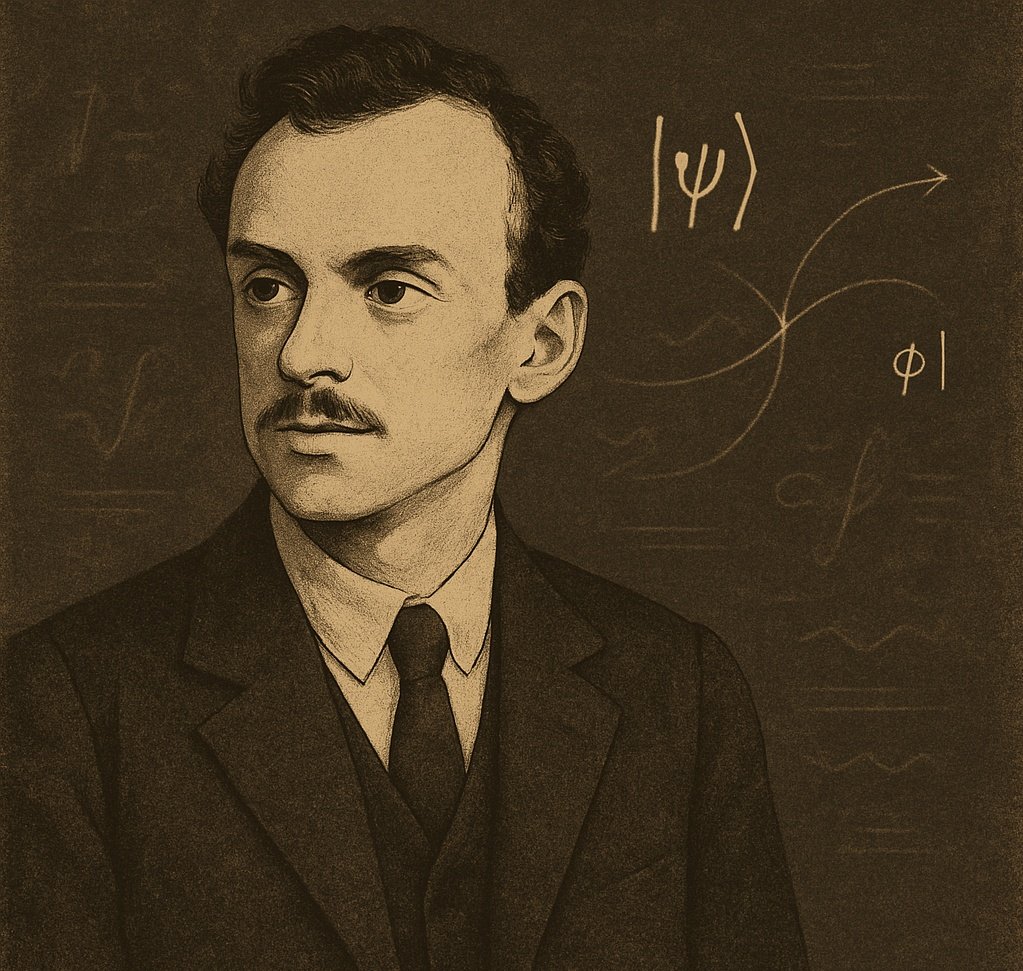
 Dirac was known for his mathematical elegance and minimalism — both in his equations and in speech.
Dirac was known for his mathematical elegance and minimalism — both in his equations and in speech.
 At the time, the particle theory of light, championed by Newton, still dominated. Fresnel, however, built on Thomas Young’s earlier work to argue forcefully for wave theory—using mathematics, experiments, and brilliant insight.
At the time, the particle theory of light, championed by Newton, still dominated. Fresnel, however, built on Thomas Young’s earlier work to argue forcefully for wave theory—using mathematics, experiments, and brilliant insight.